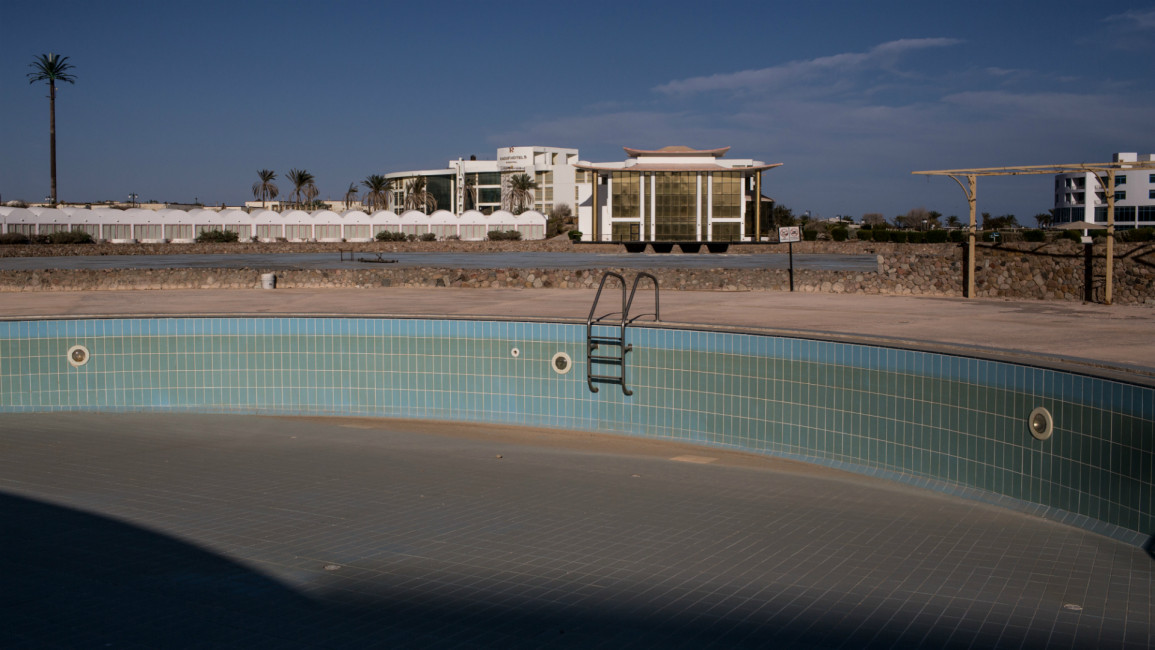UK airline cancels Sharm el-Sheikh flights "indefinitely"
Monarch Airlines announced on Wednesday that it has cancelled all flights and holidays to Sharm el-Sheikh “for the foreseeable future” due to ongoing concerns over security.
No airline has flown direct from the UK to the Egyptian coastal resort since a suspected bombing of Metrojet 7K9268 in October last year; 217 passengers and seven crew members were killed in the deadly attack which struck the Russian plane that crashed in the Sinai Peninsula en route to St Petersburg from Sharm el-Sheikh.
Both EasyJet and Thomson Airways have yet to announce whether they will follow suit.
Monarch says that customers with existing flights and holidays booked to Sharm el-Sheikh will be able to re-book alternative destinations free of charge, or alternatively, are entitled to a full reward.
Monarch’s decision comes only a day after the secretary-general of the UN’s World Tourism Organisation (UNWTO) recommended that countries lift existing travel bans on Egypt citing improved security in the country’s airports and the crippling effect of the drying up of tourism revenues on the country’s economy.
British operators had suspended flights to the resort in the Sinai Peninsula in November after a Russian airliner was downed shortly after it took off from Sharm el-Sheikh, killing all 224 passengers and crew on board.
In June, British Airways announced the suspension of its flights to Egypt's Sharm el-Sheikh resort "indefinitely" over security fears, in another blow to the country's beleaguered tourism industry.
"The safety and security of our customers will always be our top priorities and we have suspended our flights from Gatwick to Sharm el Sheikh indefinitely," said the British carrier in a statement.
The attack put Egypt's airport security under international scrutiny, prompting the authorities to allocate EGP 175 million ($22.3 million) for a security check plan to be applied in airports nationwide.
The plan involves renewing and replacing the airport radiation scanners for passengers, cargo, luggage, parcels and even vehicles.
The attack hit Egypt’s tourism industry – the country’s main source of income – with the number of tourists falling 40 percent in the first quarter of 2016.
Tourism revenues slumped 15 percent in 2015 and Egypt's foreign currency reserves are under intense pressure, falling to $17 billion in April from more than $36 billion in 2010.
The country over the past 12-months has seen three aviation incidents, a number of bomb attacks in Cairo, and an airstrike that mistakenly killed a tourist convoy.



